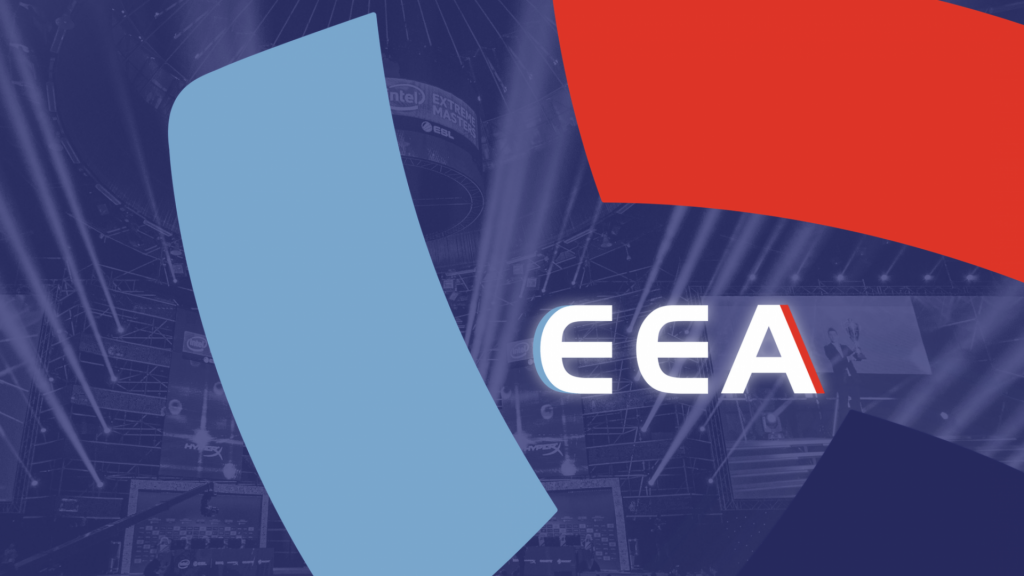Results of a new study performed by the Esports Entry Advisory (EEA) and CSL International point to significant, pent-up demand from fans and venue owners alike for live esports events.
The study surveyed interest in attending or hosting esports events, depending on the target of each respective survey, following the COVID-19 pandemic lockdown restrictions and with proper safety protocols enacted.

RELATED: Bayes Esports publishes tournament-focused whitepaper
Angela Bernhard Thomas, the co-founder of A-Game Esports, one of EEA’s founding partners commented in a release: “Our objective was to create the first real supply and demand research effort specific to live esports events for our clients and partners, and to explore the potential demand for live esports events in a post-pandemic environment.”
The groups surveyed more than 2,200 esports fans and found that 77 percent of respondents in North America want to attend a live, in-person esports event as soon as possible, although just 17 percent of those surveyed had actually ever been to an esports event. Meanwhile, a survey of 60 venue and destination marketing organisations (DMOs) suggested that 79 percent of venue and destination decision makers are ‘very interested or significantly interested’ in hosting future esports events. Just 40 percent of those venues or destinations had previously hosted esports events.
The EEA is an advisory firm that works with venues, cities, and organisations to determine the potential interest in developing facilities for hosting esports events. CSL International, which is one of the founding partners in The EEA, does much the same on a larger scale encompassing sporting events, hotels, and other venue and facility types. Ultimately, the survey results align with their goals of encouraging the development of additional esports-friendly venues to attract future events.

CSL International’s Tyler Othen added: “Many of the survey participants in smaller or mid-sized communities explained that they just don’t have events or facilities nearby. This gap between live event interest and access to events is significant, and represents a very real, long-term opportunity to develop more events that generate economic impact and hotel room nights on a more regional basis throughout the country.”
In partnership with analytics firm Newzoo, the study also examined viewership for events that are purely online versus those that are held as live events with an online streaming component. The results suggest that events with a live component – often the larger, higher-profile competitions – amass an average of 2.4 times the streaming viewing hours of purely online events.
[primis_video widget=”5182″]
RELATED: International Esports Federation enters marketing deal with Major Events International
It also notes that venues with a capacity of 600 or less accounted for 68 per cent of all viewership for live esports events, among those 2,200+ events examined for the study between 2018 and 2020. The results suggest that the majority of live esports events hosted during that span were held in venues of that size. The firms’ next study will focus on the potential for ‘hybrid’ models that pair live events with premium online streaming access.
“This highlights the unique opportunity for smaller, local venues, destinations and event organizers to tap into this massive digital marketplace,” said Peter Warman, co-founder and CEO of Newzoo. “I’m fascinated with what CSL and EEA have done with our data. The results surprised me to some extent and made me realise that the ‘hybrid’ event business model could well benefit the smaller and mid-sized events or venues the most.”
Esports Insider says: While not fully convinced that the study’s conclusions regarding viewership and venue size are as straightforward as it seems, it’s no surprise that people are anxious to get out and attend esports events once it is safe to do so. Venue operators and destination advocates must see that pent-up demand, too, and know there’s an opportunity ahead for hosting esports events.
[maxbutton id=”11″ ]
